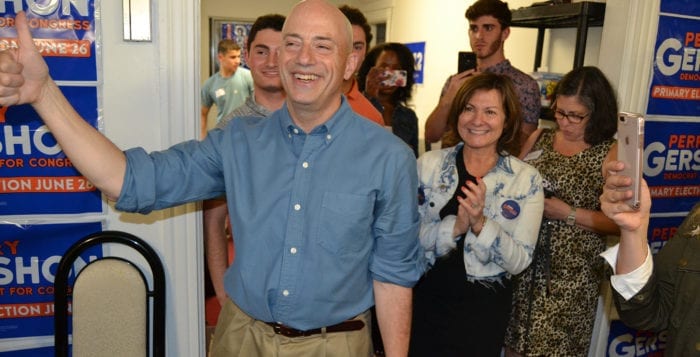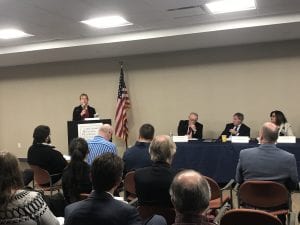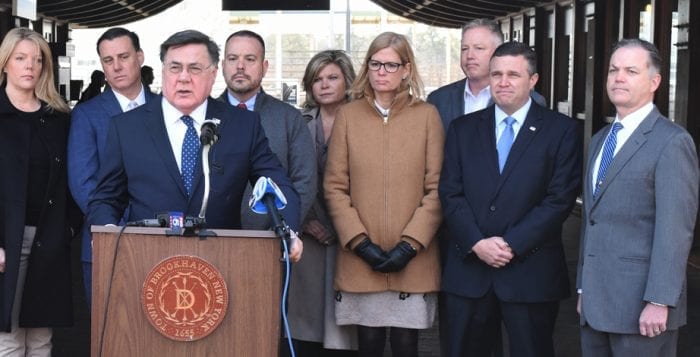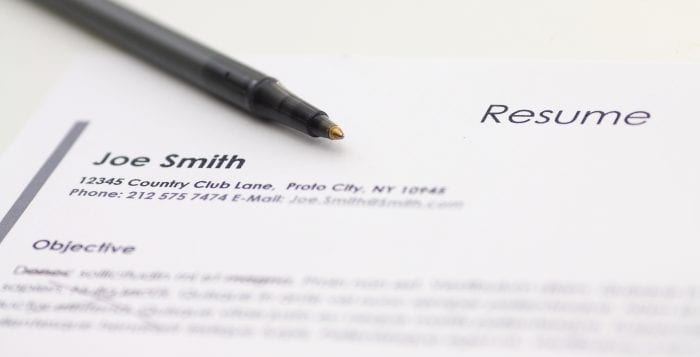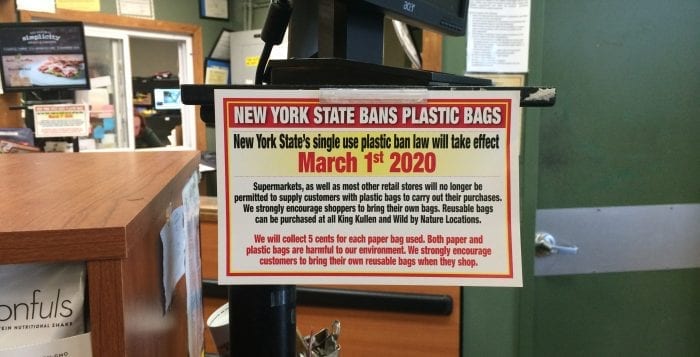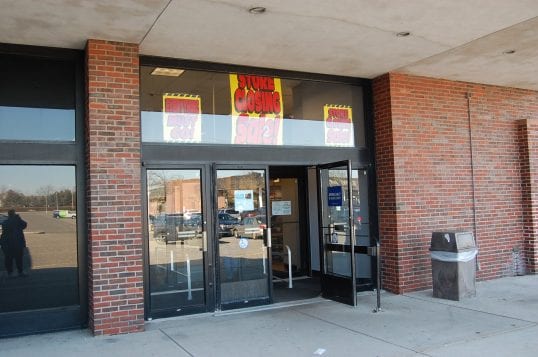By Perry Gershon
Representative Lee Zeldin (R-NY1) is a master at telling half-truths. He goes to great lengths to tell his constituents that he supports health care coverage for people with pre-existing conditions and lowering prescription drug prices, but his voting record says differently. Zeldin voted against coverage for pre-existing conditions, and just recently, shot down a bill for prescription drug coverage reform and prescription drug coverage reform. He even has the audacity to take credit for programs he voted against. A quick look at his record, however, is quite revealing.
Zeldin voted to repeal the Affordable Care Act. He has cast several such votes in his three terms in office, most recently May 2017 (and he openly urges the courts to overturn the ACA now). The federal requirement to provide coverage for people with pre-existing conditions comes directly from the ACA, so Zeldin’s opposition to coverage for pre-existing conditions is right there in his votes. Zeldin and President Donald Trump (R) claim to offer ACA replacement legislation that provides for pre-existing condition coverage, but these bills do not protect consumers, especially those with pre-existing conditions. They provide no requirement that these individuals will not be penalized in pricing and availability of coverage.
When Congress, in Dec. 2019, passed its bill to make prescription drugs more affordable, Zeldin voted against the bill (HR-3). His position on this critical issue is again demonstrated by his vote. The only effective way to control the cost of prescription drugs is to let Medicare, the largest consumer, negotiate drug prices directly with the manufacturers. It’s no surprise that Zeldin continues to prohibit Medicare from negotiating because much of his campaign contributions comes from drug makers and their affiliates. This isn’t me saying this, it’s right there in his campaign finance reports that he is legally obligated to file with the Federal Election Commission. Given Zeldin’s benefactors, it’s no wonder he opposes true prescription price reforms.
Zeldin takes credit for funding medical research at Stony Brook. His most recent February “newsletter” stated that he secured $3 million of new National Institutes of Health grants to Stony Brook for medical research, and he cites a bipartisan letter he signed requesting a budget increase specifically for NIH research. What Zeldin does not tell you is that when the actual budget came to a vote on July 25, 2019, he voted against it. His own voting record proves that Zeldin did not vote to increase NIH appropriations, or increased funding for Stony Brook.
But Zeldin’s biggest deception of all is that he is has listened and knows what his constituents need for their health care. Again, the facts belie that. Zeldin’s last public town hall was in April 2017, before his vote to repeal the ACA. He has not held one since then. He has no idea what his constituents want or need!
Town halls are meant to be open to all constituents who want to attend. There should be no prescreening of questions or questioners (to exclude critics) or else it is not really a true town hall. I know this from first-hand experience.
I have held five open town halls since last September, and I will hold five more before the end of June. I take questions from Democrats, Republicans — whoever attends and wants to ask a question. As a matter of fact, I take each and every question asked of me and I give truthful, fact-based answers. There is no prescreening and no spin at my town halls.
People on Long Island deserve a representative who will listen to them when they speak out about health care. I want to see universal health care for everyone — and I believe we can do it with the ACA supercharged with a public option. We need to allow Medicare to negotiate drug prices to achieve true pricing reforms. This November, we have a chance to give NY-1 a representative who will fight for us in Washington and tell us the truth here at home.
Perry Gershon is a national commentator on business, trade, policy and politics. A congressional candidate for New York’s 1st District, he holds a bachelor’s degree from Yale and a master’s in business administration from the University of California, Berkeley.

